
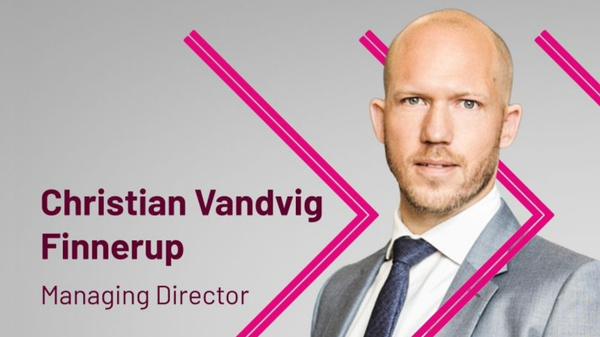
|
Dan-Bunkering appoints Christian Vandvig Finnerup as US managing director
Finnerup transitions from Singapore role to lead American operations. |
|
|
|
||
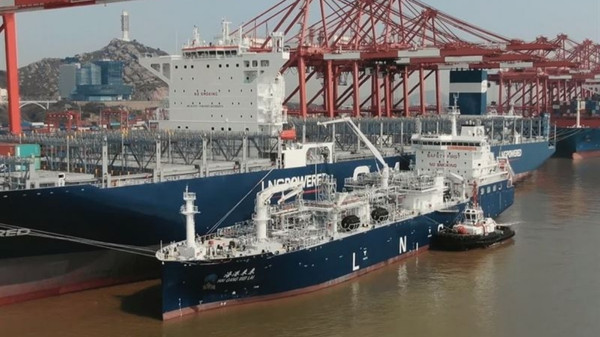
|
SIPG orders Wärtsilä systems for new LNG bunker vessel
Shanghai International Port Group orders integrated cargo handling and fuel systems from Wärtsilä. |
|
|
|
||
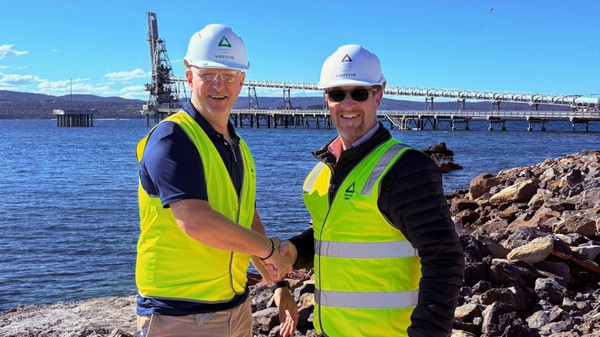
|
Integr8 Fuels signs MOU with Pentarch for bunker services at Port of Edrom
Integr8 Fuels and Pentarch Offshore Solutions have signed an agreement to develop bunker fuel services. |
|
|
|
||
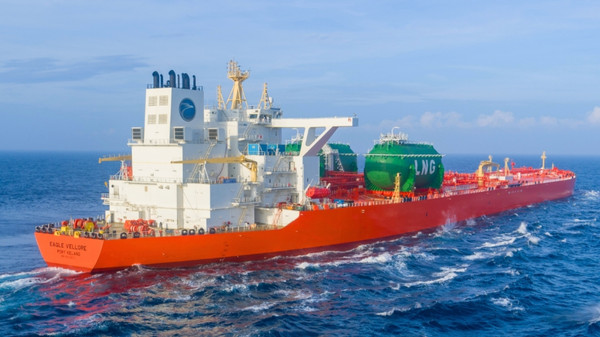
|
MISC orders two LNG dual-fuel Suezmax tankers as part of fleet renewal
Malaysian shipowner expands dual-fuel fleet with newbuilds backed by long-term charters. |
|
|
|
||
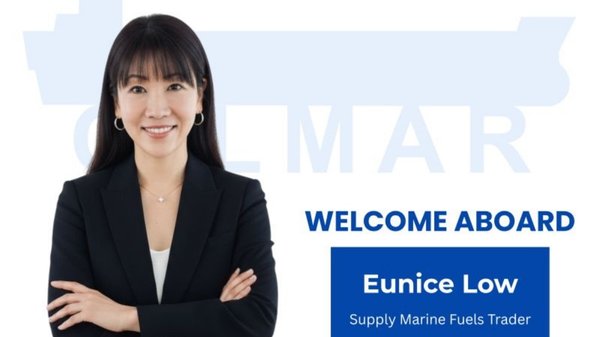
|
Oilmar DMCC appoints Eunice Low as marine fuels trader in Singapore
Low joins firm's Singapore trading department with a decade of industry experience. |
|
|
|
||
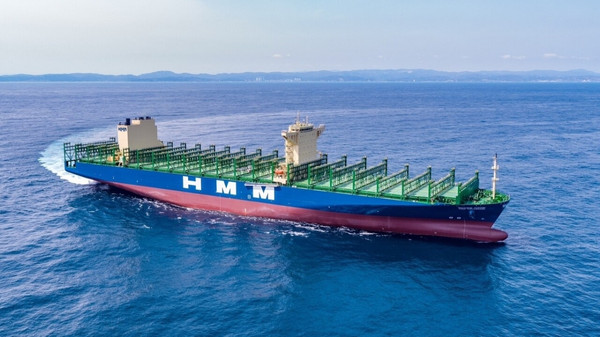
|
HD Hyundai secures $1.46bn order for eight LNG dual-fuel container ships
South Korean shipbuilder reports highest container ship order volume since 2007 supercycle. |
|
|
|
||

|
Clean Arctic Alliance urges IMO action on black carbon after 'disappointing' COP30
Environmental coalition calls for Arctic shipping fuel regulations ahead of December 5 deadline. |
|
|
|
||

|
Egypt's petroleum ministry and Suez Canal Authority sign MOU for LNG bunkering facility
Ministry and canal authority to develop LNG supply station in Port Said. |
|
|
|
||
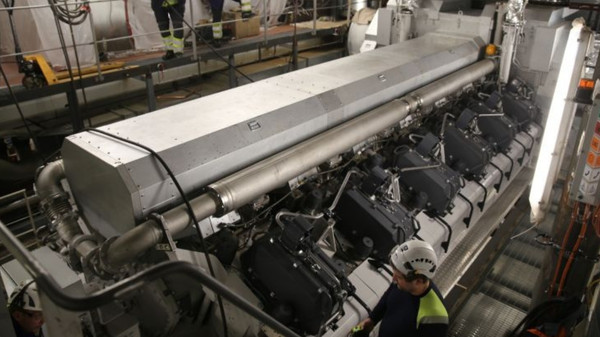
|
Meyer Turku starts first main engine on Legend of the Seas cruise ship
Finnish shipbuilder fires up Wärtsilä engine ahead of 2025 Royal Caribbean delivery. |
|
|
|
||

|
Malik Energy launches internal leadership development programme
Marine fuel supplier rolls out training initiative for managers across its supply and energy divisions. |
|
|
|
||
| Shore power proposal for San Diego terminal [News & Insights] |
| Shore power meetings in California [News & Insights] |
| Long Beach cuts pollution by 75 percent [News & Insights] |
| $5 million for clean vessels in California [News & Insights] |